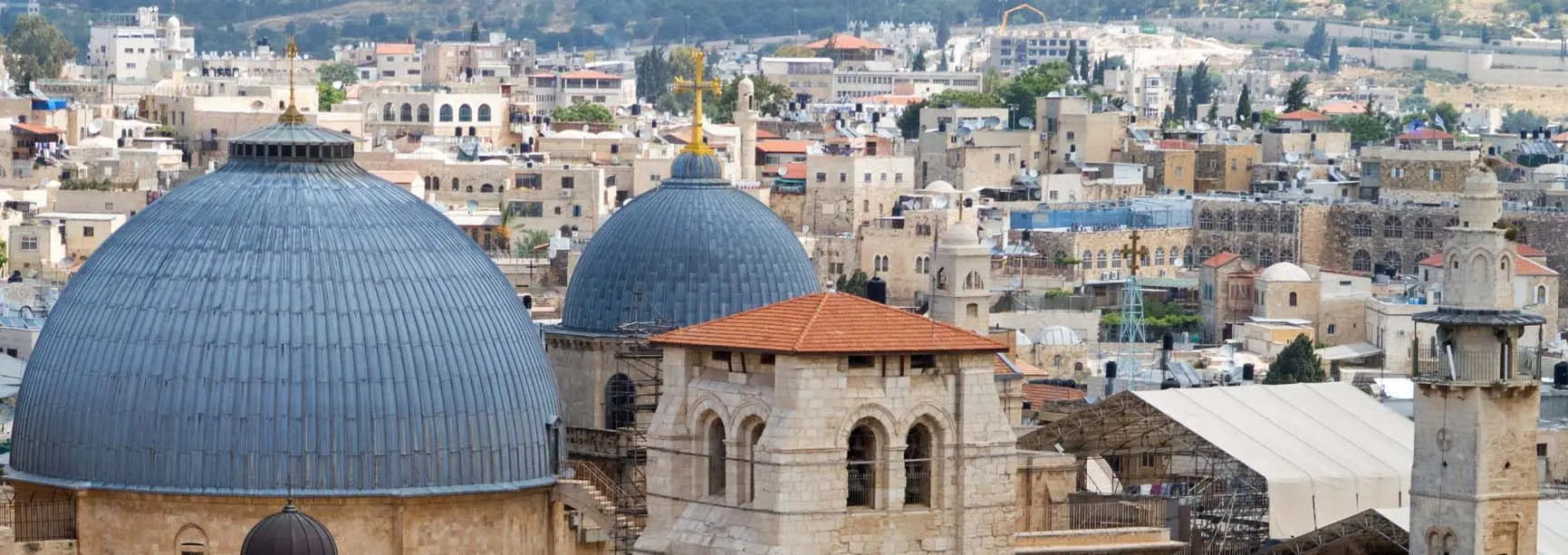

The Order is represented in almost every country in the world where there is a large Catholic community and appropriate conditions for activities that will allow it to achieve its objectives.
Together, and individually, each Lieutenancy, Section and Delegation draws up a yearly program of meetings and events aimed at strengthening the spiritual growth of the Members as well as events to raise awareness of the Order’s role and activities in their respective local communities.
The donations raised for the Holy Land are administered by the Lieutenancies in accordance with the administrative and fiscal legislation of their country of operation and each Lieutenancy maintains relevant accounts that are reported to the Grand Magisterium. These accounts include the amount of donations, the beneficiaries and the purpose for which they are allocated.
The work that the Latin Patriarchate and the other Catholic institutions carry out in favor of the Christians in the Holy Land thanks to the Order’s support can be summarized as follows:
The especially difficult times following the second Intifada, (which put a stop to work and economic activity in a very large part of the Holy Land), caused many Christians to lose their jobs and prompted the Latin Patriarchate, the Apostolic Nunciature and the other Catholic institutions to engage in the distribution of social and humanitarian aid in an operation to provide the families most in need with direct financial support. However, charity in the form of direct subsidies – which some may view as “handouts” – is not part of the Order’s normal operating methods. Handouts humiliate the people obliged to accept them and have an adverse effect by encouraging the beneficiaries to live on charity.
The Order’s policy has been, and still is, to help the Christians in the Holy Land achieve educational and professional standards that will enable them to play an active part in the society of their own country, at a level that will give them equality with people of other faiths.
In the latter half of the 20th century, middle-class Christian families leaving the Holy Land to seek a secure future abroad became a real exodus. Today, the number of Christians in different areas of the Holy Land varies from 2% to 4% of the local population and these are very largely craft workers, small tradesmen and those working in the tourist industry that has developed alongside pilgrimages. Such very small minorities can only survive if their skills are high enough to earn them the appreciation and esteem of the society in which they live; and this can only be achieved thanks to better standards of education and training.
Since the end of the 19th century, the Order has financed the construction of 40 patriarchal schools in Israel, Palestine and Jordan and it now has a commitment to fund their running costs. Today around 19,000 pupils and students attend these schools, from nursery classes through elementary, middle and upper school, as well as in a number of technical schools. On average, the student breakdown is 60% Christian (Catholics, Orthodox, etc.) and 40% Muslim.
The Order’s involvement with education helps to deal with a very important problem in the region: how to get people of different races and religions used to living in peace and mutual respect. If these values are encouraged from an early age they may be implanted in children’s minds, otherwise there is no hope of doing it at a later stage, for in adolescence young people are easy prey to extremist ideologies.
The running costs of the Patriarchate and its 68 parishes, the salaries of the 900 or so teachers and other staff in the educational establishments, the costs of the patriarchal seminary and the orphanages and clinics, as well as those of the Patriarchate’s new enterprises and other ongoing projects (including the construction of housing for young Christian families) are enormous and rise continually, putting a heavy burden on our Order. Such costs can only be sustained thanks to the generosity of the active Members of the Order.